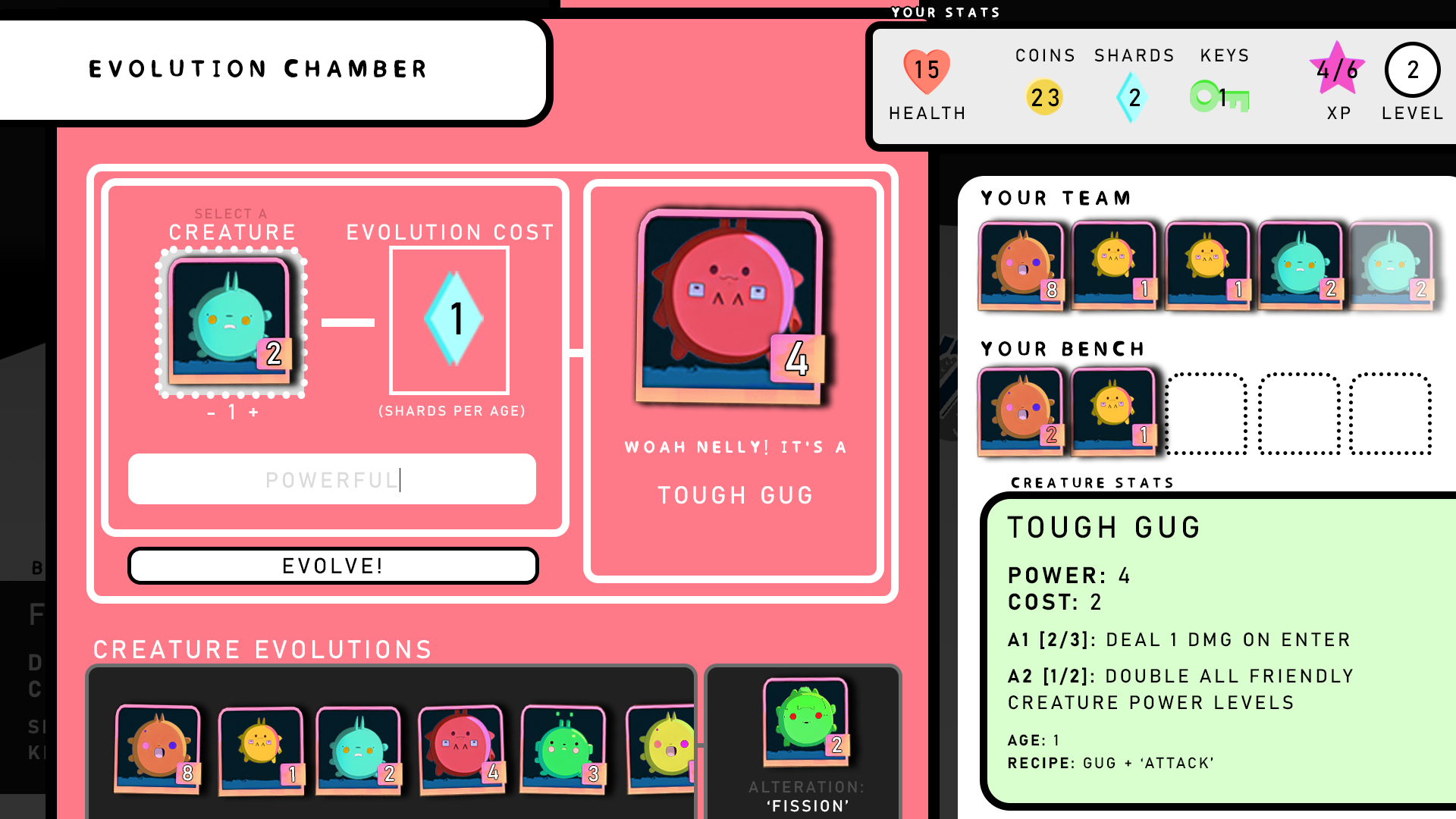The Martian Lawyers Club (MLC) wants to take game personalization to the next level with the help of generative AI. While there are plenty of companies that focus on using AI to generate game assets, MLC is taking a decidedly different approach by focusing less on content and more on the systems that form the core of a game. The company today announced that it has raised a $2.2 million pre-seed round led by Fly Ventures, with participation from System.One and Amar Shah, the co-founder of Wayve and Charm Therapeutics, as well as Dhyan Ventures.
MLC was co-founded by Kamen Brestnichki (CEO) and Levi Fussell (CTPO), who met at the University of Edinburgh. Kamen went on to UCL to focus on machine learning for his Master’s degree and then Bulgaria’s AI-centric INSAIT tech institute. Fussell, meanwhile, is in the process of completing his PhD in Computer Graphics and Machine Learning and previously worked as a research scientist at both Ubisoft and Adobe.

“The focus of MLC is on trying to solve the problem of video game personalization,” Brestnichki explained. “A lot of the companies go about this by trying to generate more content and believing that it’s the visual aspects or narrative aspects of the game that allow players to personalize the experience. But we believe it’s actually the systems — the things that provide agency to the player and allow them to act in the game and have the game respond back, which actually unlock personalization.”
In the view of the MLC team, current games are more akin to books that you get to read. MLC hopes to create games that will feel more like a conversation, where players provide an input and the game can then respond in a way that wasn’t pre-defined by the developer. Currently, Fussell noted, personalization is fundamentally a human resource problem. While developers would love to create 1,000s of functional items in a game, for example, that’s just not feasible within a reasonable budget. With MLC, developers will get something akin to a sandbox where they can design the experience but won’t have to create every game interaction from scratch.
The company plans to provide an SDK that provides this sandbox experience and would then allow players to interact with it. This SDK will also allow developers to create the boundary around the sandbox to ensure that the generative AI system won’t go off the rails. In addition, MLC is putting its own guardrails in place as well.

“[Going forward] games won’t ship with all their code,” Fussell said. Games like Baldur’s Gate 3 now involve downloading more than 100 gigabytes of data — and while that’s a game that gives players a lot of freedom, the interactions with non-playable characters are still scripted and interacting with the environment is still limited. “Now imagine that instead, you get Baldur’s Gate and it’s only 10 gigabytes and the code to actually make the game run is built in real time. That’s the product for our SDK: these generated code snippets that make the game run.”
Fussell stressed that this isn’t possible right now. There’s still a lot of research left to be done to get to this point.
Techcrunch eventJoin 10k+ tech and VC leaders for growth and connections at Disrupt 2025
Netflix, Box, a16z, ElevenLabs, Wayve, Sequoia Capital, Elad Gil — just some of the 250+ heavy hitters leading 200+ sessions designed to deliver the insights that fuel startup growth and sharpen your edge. Don’t miss the 20th anniversary of TechCrunch, and a chance to learn from the top voices in tech. Grab your ticket before Sept 26 to save up to $668.
Join 10k+ tech and VC leaders for growth and connections at Disrupt 2025
Netflix, Box, a16z, ElevenLabs, Wayve, Sequoia Capital, Elad Gil — just some of the 250+ heavy hitters leading 200+ sessions designed to deliver the insights that fuel startup growth and sharpen your edge. Don’t miss the 20th anniversary of TechCrunch, and a chance to learn from the top voices in tech. Grab your ticket before Sept 26 to save up to $668.
San Francisco | October 27-29, 2025 REGISTER NOWThe team also noted that game developers are getting increasingly comfortable with procedurally created game environments, with Spelunky, No Man’s Sky or, more recently, Diablo 4, being prime examples.
To test out its SDK, MLC is currently working on its first game — a collectible card game that falls into another genre that the team believes is also a good fit for the technology. In order to build this, the company recently hired its first game designer and with this first round of funding, it’s also looking to hire a game programmer and an engineer to build out its cloud infrastructure.
It’s worth noting that MLC is the first spin-off company to come out of INSAIT, which was established in partnership with Switzerland’s ETH Zurich and EPFL in 2022. Since it’s being spun off from INSAIT, it’s no surprise that the INSAIT Foundation takes a small equity share in MLC, too.
As for the name: The founders actually used a large language model to generate a few names and this was one of them. “I think the name is important because it sort of represents a few of our policies and are our values, I think, which is that what we’re doing is sort of novel and unhinged and new,” Fussell said.

